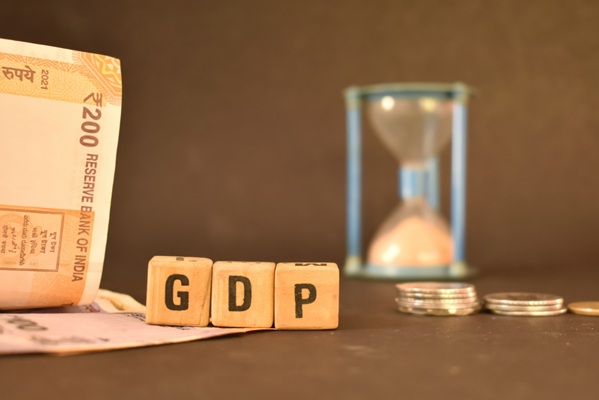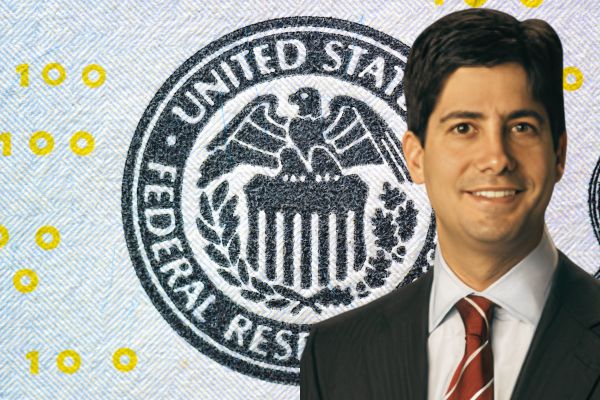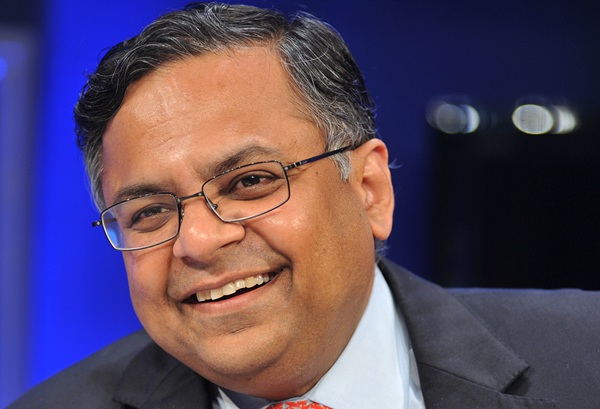.png)
November 17, 2025 at 6:44 AM IST
The recent US sanctions on Rosneft and Lukoil, along with the EU’s restrictions on refined products linked to Russian crude, are not expected to materially disrupt the performance of India’s state-owned oil marketing companies, says Fitch Ratings. The agency notes that the eventual impact hinges largely on the duration of these measures and how strictly they are put into practice globally.
According to Fitch, Russian crude made up about 33% of India’s total oil imports from January–August, and the discounted rates have been a key driver of EBITDA and profitability for the oil marketing companies. The agency expects these companies to broadly follow the sanctions, consistent with their public positions, although some refiners may still process Russian barrels obtained through non-sanctioned channels.
Fitch adds that the sanctions are likely to soften international demand for refined products associated with restricted Russian crude. This could create wider product spreads, helping Indian refiners offset pressure from using less discounted oil, paying higher prices for alternative crude grades, and managing more unpredictable freight and insurance costs. Refiners that continue to run permissible Russian crude may secure even deeper discounts on these supplies.
The agency also highlights that ample spare crude production capacity worldwide should help curb any significant rise in feedstock costs by keeping global oil prices subdued. Fitch expects Brent to average $65/bbl in 2026, down from $70/bbl in 2025.
Performance in the first half of 2025-26 was in line with or slightly ahead of Fitch’s projections, with lower crude input costs and strong gasoil spreads pushing gross refining margins to roughly $6–7/bbl (compared with $4.5–7/bbl in 2024-25). Fitch anticipates that a mix of lower crude prices, robust domestic demand for refined products, and high refinery utilisation rates will help sustain mid-cycle gross refining margins of around $6/bbl in 2026-27, despite a backdrop of slowing global growth. Marketing margins are also expected to remain steady, assuming there are no government-mandated retail price cuts or excise duty increases on transport fuels.
The Indian government has cleared a ₹300 billion support package for IOC, BPCL and HPCL during July–September for most Indian companies. This funding is intended to compensate the companies for under-recoveries on subsidised LPG sales and will bolster their liquidity positions.
The ratings of IOC, HPCL and BPCL continue to be anchored in their strong strategic and operational ties to the Indian government (BBB-/Stable), with Fitch asserting a high likelihood of extraordinary state support should it become necessary.



